Volkswagen invites fans to build electric Golf car at German factory
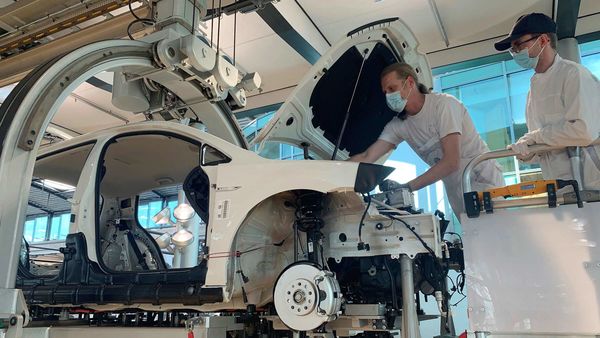

Who wouldn't want to witness how cars are actually put together on assembly lines? Fixing those splendid logos on car bonnets, installing unique-looking grilles or connecting of the powertrain to the car body, enthusiasts are most likely to race towards an opportunity like that.
This dream could now come true as Volkswagen is offering the Mach-Mit-production experience for its e-Golf at its Transparent Factory in Dresden, Germany. Visitors can accompany the vehicles along the production line and step in to assemble the e-Golf at five different stations, all this under the guidance of expert Volkswagen employees. The experience points include the connection of the powertrain and body - dubbed "marriage", the installation of the tail lights on the tailgate and the fitting of the radiator and radiator grille front with the brand logo.
Also check these Cars
Also Read : Volkswagen seeks open-source approach to refine car operating system
The Mach-Mit production experience lasts around 2.5 hours and takes place on weekdays at pre-slotted timings. The experience can be booked online and through a local telephone helpline number at a price of 215 euros (equivalent to ₹18,325). However, the number of participants have been limited to a maximum of four visitors per group due to the coronavirus pandemic.
Through this experience, the Volkswagen group is trying to make electric mobility experience accessible to a broad public. Jens Schlender, Head of Production, said in a press statement, "Following the success of our production support for customers, we are now giving visitors the opportunity to experience electromobility up close and personal - and to put it to work themselves. This experience is something very special in the automotive world."
Also Read : Volkswagen ID.4 electric SUV images leaked ahead of official launch
The carmaker also plans to offer the experience package for the ID.3 from 2021 at the Dresden factory.
Volkswagen aims to offer MEB vehicles in all major segments. The plan is to sell at least 1.5 million electric cars per year by 2025. The company's long-term goal is the complete decarbonization of the fleet by 2050 and to reduce the average CO2 emissions of the fleet by 25 grams per kilometer this year. In fact, in a boost to electric vehicles, Germany recently unveiled sweeping incentives for cheap electric cars and hybrid vehicles.







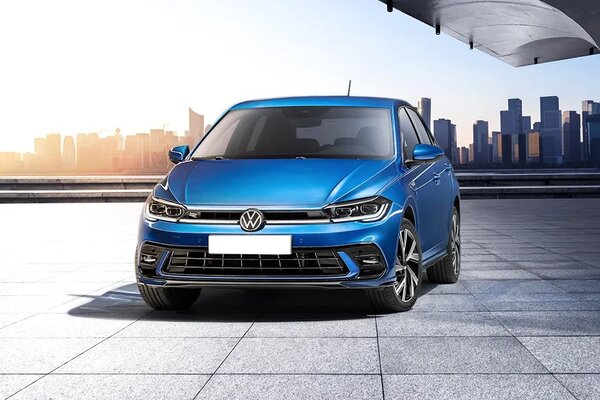
 999 cc
999 cc Petrol
Petrol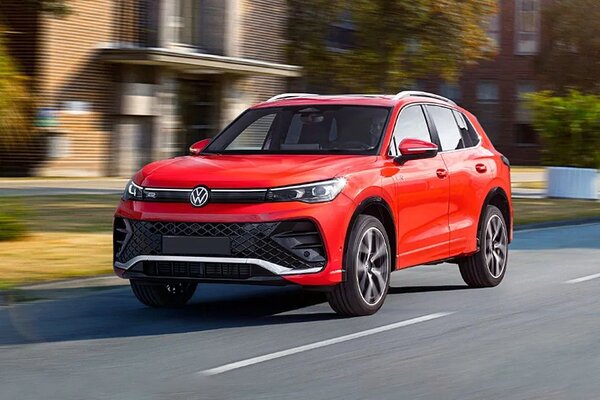
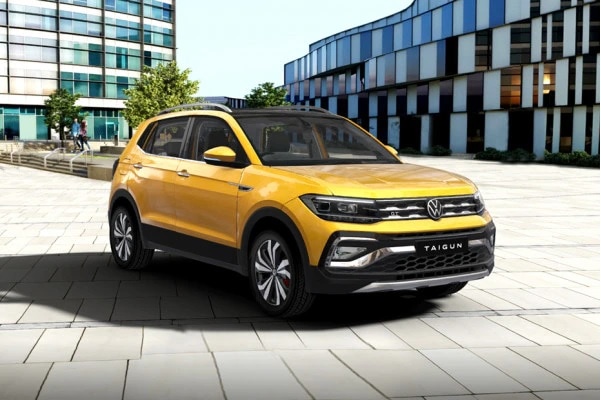
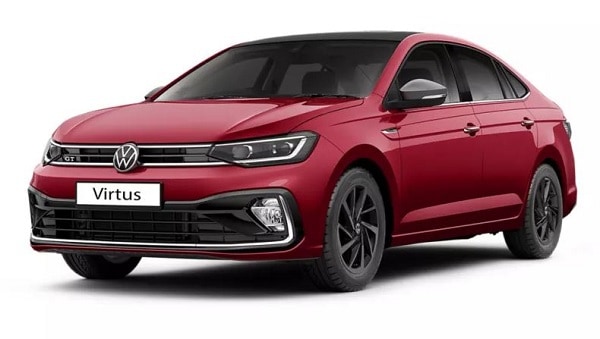
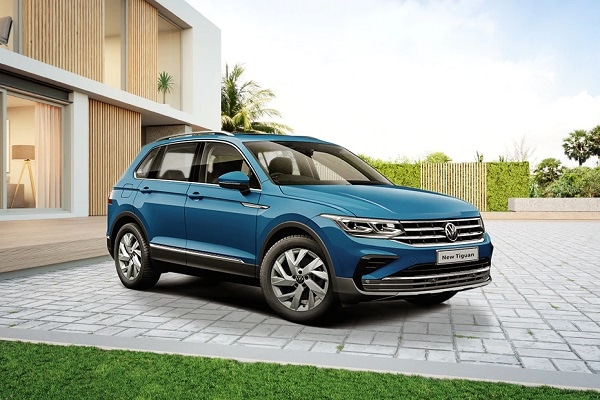
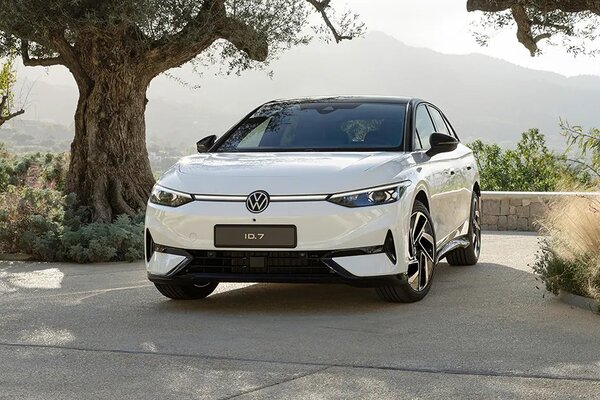
 77 kWh
77 kWh 621 Km
621 Km










